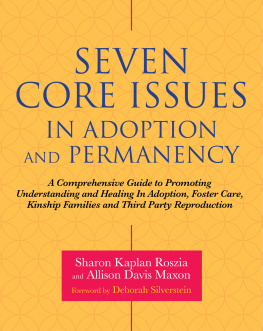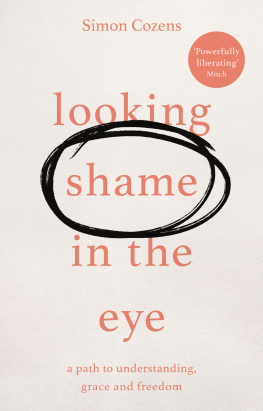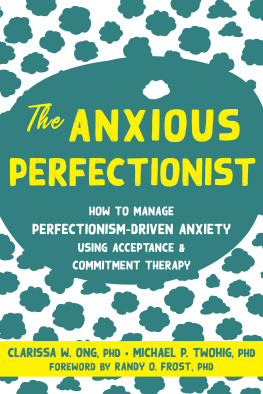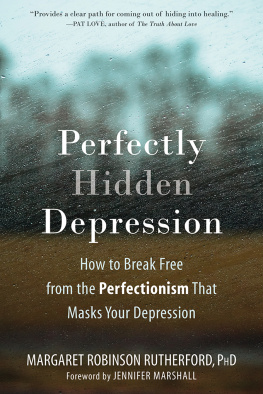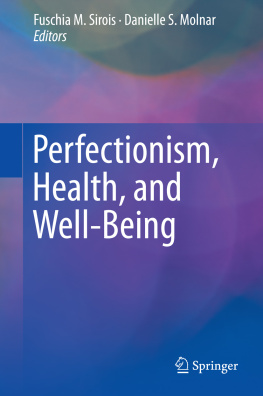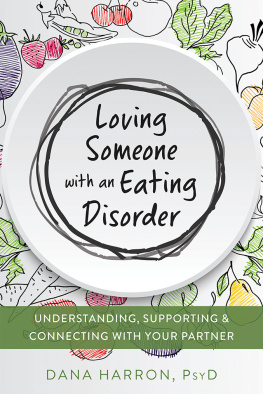Fear of the Abyss:
Healing the Wounds of Shame andPerfectionism
By Aleta Edwards, Psy.D.
Smashwords Edition
Copyright Aleta Edwards, Psy.D. 2010
Smashwords Edition, License Notes
This ebook is licensed for your personalenjoyment only. This ebook may not be re-sold or given away toother people. If you would like to share this book with anotherperson, please purchase an additional copy for each recipient. Ifyou're reading this book and did not purchase it, or it was notpurchased for your use only, then please return to Smashwords.comand purchase your own copy. Thank you for respecting the hard workof this author.
Table of Contents
Preface
Introduction
Chapter 1: The PCS Constellation ofIssues
People vs. Labels
What Are "Dynamics"
The PCS Constellation
The Abyss
Life Lessons
Hope for Healing
Chapter 2: Shame & Perfectionism
Chapter 3: Rigidity & Black-and-WhiteThinking
Chapter 4: Disappointment
Chapter 5: Dynamics of the PCS Personality &Development
The Origin of PCS Dynamics
Chapter 6: Control & Predictability
Chapter 7: Decision-Making
Chapter 8: Fantasy & Self-Esteem
Chapter 9: Relationships & BeingNeeded
Chapter 10: The Abyss
Chapter 11: Your AuthenticSelf
References
About the Author
Preface
Why This Book?
In my years of practice as apsychotherapist, I have come to know that people can actuallyheal, not just cope better - the best hope currentcognitive-behavioral therapy models offer. Depending on thedifficulty of their problems and the degree of self-examinationthey are willing to do, people can truly heal - leaving behind oldpatterns of behavior, as well as their attendant thoughts andfeelings.
My orientation is psychodynamic, meaningthat I believe in helping people get to the root of the issues thattrouble them. A persons history or narrative, and the unconscious(thoughts and feelings not in awareness) are keys to this process.My goal in this kind of therapy is integration - to view the manydifferent components of ones personality with love, compassion,and honor, and to understand that we all have some tendencies wedont like that can be tempered by the positive ones. It isunnecessary to deny these tendencies, which can leave peoplefeeling inauthentic. What some call the shadow side must beacknowledged and embraced, not split off almost like a separateperson. This book will not tell you how to cope with thesefeelings, but will encourage you to see yourself as a whole person- though maybe one with some feelings you have been running from -and set you on the path to healing.
Many people have come to realize theimportance of awareness, of being in the present, of knowing whothey really are. The way to do this is to see who you arenot, to go through issues and defenses that obscure yourreal feelings. The rewards are great: healing from emotional woundsand much greater awareness. Unfortunately, many people who think ofthemselves as spiritual believe that they shouldnt have "negative"feelings. This is not true; the human being goes through many darkand difficult thoughts to arrive at true compassion or forgiveness,and this is definitely the case with self-awareness. To really knowwho you are, your core self, you need to know who you arepretending to be and who you are not, and the way to heal is thesame way to grow in awareness.
I wrote this book to help those with acertain set of traits that I frequently see in my clients.Specifically, I have written this book for people who have problemswith perfectionism, control issues, shame, problems makingdecisions, black-and-white thinking, a dread of criticism, poorself-esteem, a fear of being disappointed or disappointing others,an inhibited fantasy life, and problems with relationships thatrelate to these traits. I call this set of traits the PCSconstellation, for Perfectionism, Control, and Shame. Theseissues are all interrelated and describe a certain type ofperson; they also cut across diagnostic lines. Although they may ormay not have led to a formal diagnosis, they nonetheless presentproblems in living and feelings of unease.
Perfectionism is often the most obvious ofthe traits in this constellation or personality type. I believethat people with perfectionistic personalities actually feelanything but perfect. Maybe this describes you.Perhaps you, too, feel there is a horrible person hiding insidethat you must always defend against. As one extremely bright andinsightful young client put it, "Do you think I like beingso rigid, strict, and judgmental? I hate it, but Im afraidif I ever take one drink or go to one bar, I will be just like myparents.If I tell one lie or condone one little lie in someoneelse, I will become this horrible liar like they are, makingexcuses for things and never doing anything."
Those who feel this way do not yet know thetremendous healing power of processing their feelings andexperiences. This processing does not happen quickly, and takesmuch hard work and at times painfully honest self-examination, butit is the only way to heal the emotional wounds that cause thetroubling symptoms in the first place. While arduous, this pathleads to tremendous rewards. It results in a more contented andcalm person, one possessing more insight and depth and better ableto develop authentic goals and carry them to completion. It leadsto the realization that you have far more choices than you everimagined, because you have decided to live with awareness. Peopleare surprised and comforted to discover that telling their storiesand exploring their feelings, while someone listens intelligentlyand compassionately, constitute a powerful healing tool.
While this book is not psychotherapy andcannot take its place, it does invite you to move towardself-awareness - to see yourself not as a label or problem, but asa rich and unique person with many productive, unproductive, andneutral traits. You can use this book alone, share it with atherapist, or use it in conjunction with a meditative practice.
My Hope
I hope you also enjoy this book. Asyou read parts of it that call on your honesty, strength, andcourage, remember that people with these symptoms are usually verykind, moral, and ethical people. These are not traits you would orshould ever want to change. Many people facing their own uniquechallenges in life struggle just to develop some of the finequalities that come naturally to the PCS personality.
Remember that we are all "package deals."Our positive and negative traits come from the same place, and thelife challenge is to bring more balance and awareness to ourpersonalities. One client, a kind and loyal friend to those sheknew, said that she wished she could be "witty and bubbly" like afriend of hers. This friend was good-hearted and nice, but not verystable or dependable. I told my client that, though she didnt "dowitty and bubbly," she was an outstanding friend and person, andthat the more spontaneous friend had to struggle against the flipside of her spontaneity, impulsivity.
The PCS person often judges herself in thisway: she compares herself to those with qualities more valued inour culture, which too often underrates the more mature traits ofdependability and compassion found in the PCS personality. Theirsense of morality and concern about the way they affect others isoften what brings them to therapy in the first place. So rememberas you face your challenges that you are a good person trying togrow. As you expand your mind and realize how much strength andcourage you are using, those too will become a genuine part of yourself-image.
* * * *
Introduction
I have written this book for a specific


